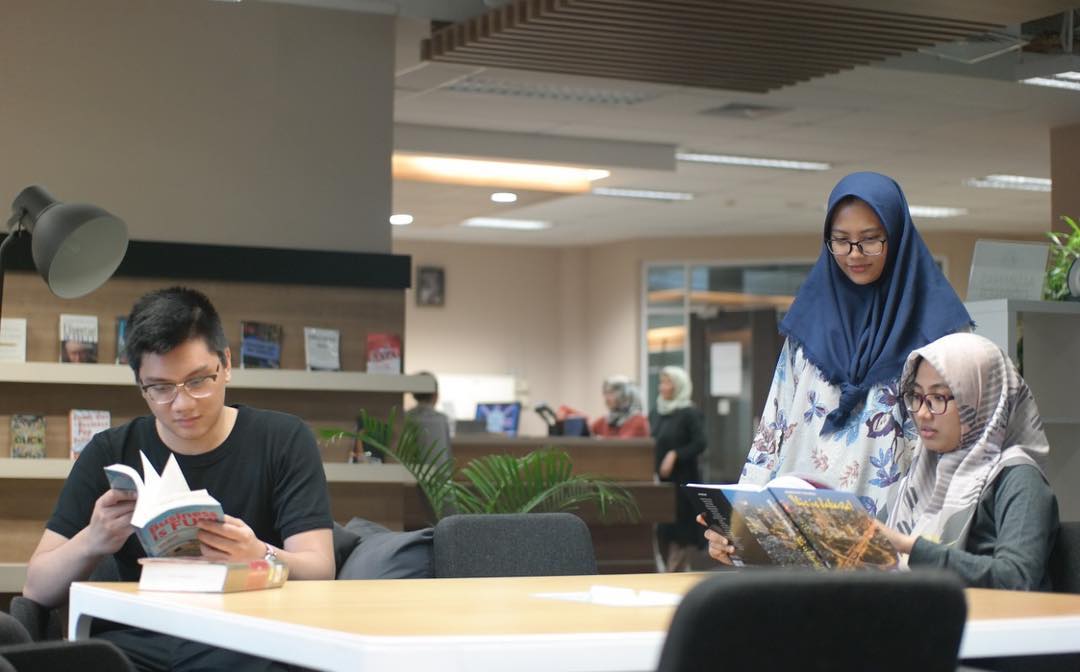Kipuw, Troy Steve (2023) The effect of hybrid working post-covid-19 on millennials employee engagement and their effect on turnover intention as seen in the evidence on life insurance companies in Indonesia. Graduate thesis, Sekolah Tinggi Manajemen Ipmi.
|
Text
Troye Steve Kipuw.pdf Restricted to Registered users only Download (1MB) |
Abstract
The COVID-19 pandemic has changed the working arrangement. After COVID-19 era, many companies applied hybrid working, which the employees can choose to work at the office or working from anywhere. Many life insurance company in Indonesia have been applied the hybrid working with hope with the flexibility from hybrid working, employees are more attract and have better engagement, more energetic, better productive, and creative new talents. According to Deloitte survey (2022), Hybrid working has also become a preferable way of working for millennials, which millennial generation are dominating the current workforce and consider becoming a future leader for the company therefore, company strategies on implementing hybrid working may become one of key point to manage millennial employee engagement and their intention to stay in the company. Nonetheless, there are opinions that hybrid working is not relevant anymore in the post COVID-19 era and most senior leaders want their staff to work collaboratively in an office environment (according to world economic forum 2022 survey). Life insurance companies in Indonesia also did not have research on the factors that influence employee engagement and turnover intention on its millennial employees so encouraging it to do this research. Using the quantitative method with PLS-SEM and a survey, the researcher gathered 103 samples of millennial employees that worked at life insurance companies in Jabodetabek (Jakarta, Bogor, Depok, Tangerang, Bekasi) and applied hybrid working. It was discovered that hybrid working had a positive impact on employee engagement and a negative impact on millennial employees turnover intention, and while hybrid working has no direct impact on turnover intention, it was discovered that employee engagement mediates the effect of hybrid working on the turnover intention for millennial employees. As a result, a life insurance company that does not implement hybrid working might consider implementing it. The company also needs to find the most appropriate implementation of hybrid working particularly for their company and they need to have and/or develop culture, values, and established an environment that is important for millennial employees.
| Item Type: | Thesis (Graduate) |
|---|---|
| Subjects: | H Social Sciences > H Social Sciences (General) |
| Divisions: | Thesis > Master of Business Administration |
| Depositing User: | Dede Faujiah |
| Date Deposited: | 21 Aug 2023 04:33 |
| Last Modified: | 21 Aug 2023 04:33 |
| URI: | http://repository.ipmi.ac.id/id/eprint/2193 |
Actions (login required)
 |
View Item |

